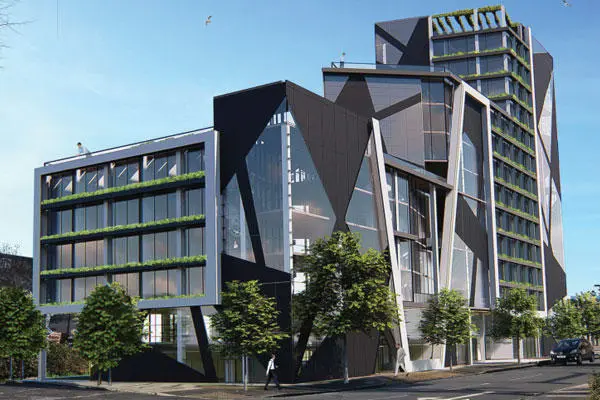
MSc Sustainable Building Design
Develop your theory and practical skills to graduate from this course as a specialist designer with the education and vision required to help create a sustainable future for the construction industry.
Find out moreFatima Hosna Rasuli was an international student at Solent University from Afghanistan. She graduated in MSc Sustainable Building Design in 2023 whilst also looking after her daughter. She now works as a civil engineer for AECOM.
Since completing my MSc in Sustainable Building Design at Solent University, I have been working as a Civil Engineer at AECOM, a leading global engineering firm with a presence in over 150 countries and a workforce of around 87,000 professionals. In my role, I am part of a design team focused on infrastructure and transit projects. I collaborate with a group of professionals to ensure the successful delivery of design solutions for infrastructure and transit projects, while adhering to regulatory requirements and striving for sustainable and efficient outcomes.
A typical day for me involves collaborating with clients and colleagues to determine project requirements, conducting research and analysis to identify optimal design solutions, and utilising various software tools to create detailed plans and specifications.
The knowledge and skills I acquired during my studies at Solent University have been instrumental in my current position. The principles of sustainable building design that I learned have provided a solid foundation for comprehending and implementing sustainable practices in transit and infrastructure projects. Furthermore, the critical thinking, problem-solving, and communication skills I honed during my studies have been invaluable in navigating the complexities of transit project management.


The critical thinking, problem-solving, and communication skills I honed during my studies have been invaluable in navigating the complexities of transit project management.
For those aspiring to follow a similar career path, I would recommend focusing on acquiring a solid understanding of sustainable building design principles and staying informed about the latest developments in infrastructure and transit technology. Networking and establishing connections with industry professionals can provide valuable insights and opportunities. Seeking mentorship and gaining practical experience through research projects, industry collaborations, or relevant academic initiatives during the master's program can also be instrumental. Lastly, maintaining a passion for innovation and sustainability will be key to achieving success in this field and contributing to positive changes in the built environment.
